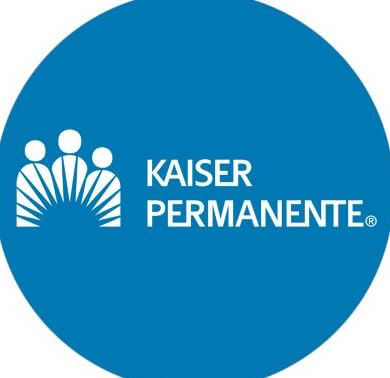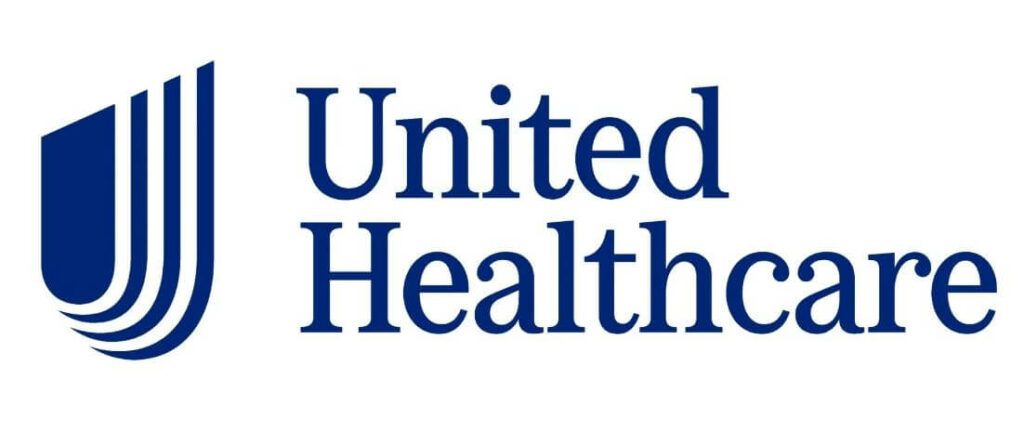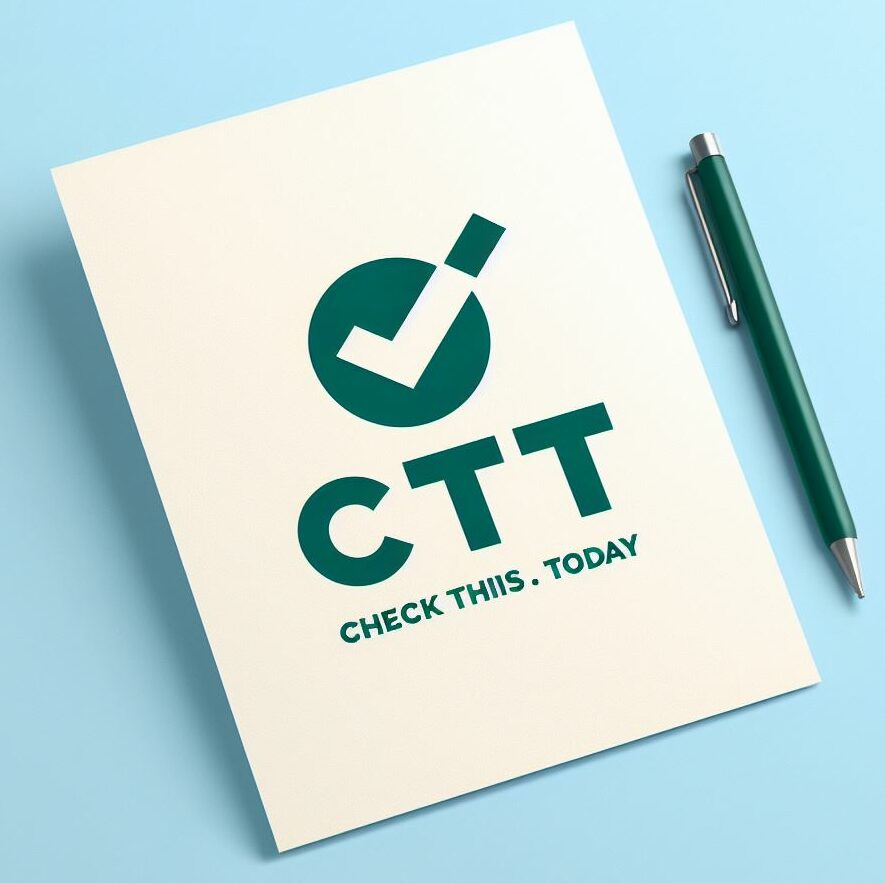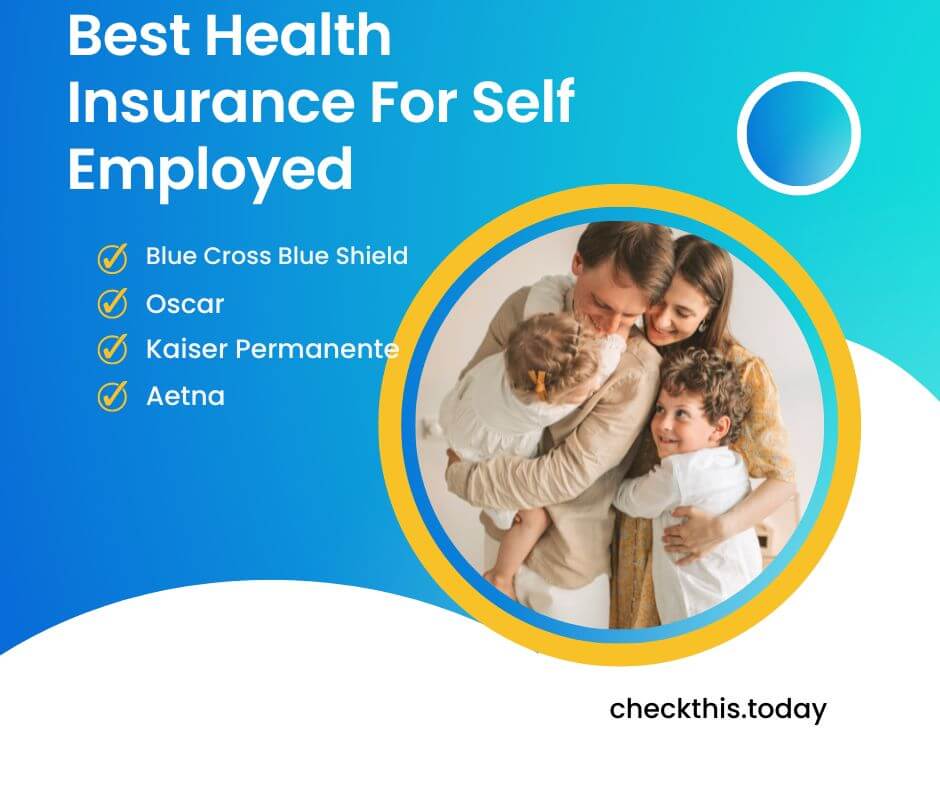Health insurance is an important investment for young adults to make in their peace of mind and overall well-being.
While it can be overwhelming to navigate the world of health insurance, understanding the basics and different options available can help young adults make informed decisions about their coverage.
Health insurance is a plan that people buy in return for coverage on all kinds of medical care, including doctors’ appointments, emergency room visits, hospital stays, and medications.
When choosing a health insurance plan, it’s important to consider factors such as premiums, deductibles, co-pays, and co-insurance.

Kaiser Permanente
Kaiser Permanente (KP) is a popular health insurance option for young adults, offering a variety of plans and benefits that may be appealing to this age group.

Pros:
- Cost-effective: KP often has lower monthly premiums compared to other insurance companies, making it a budget-friendly option for young adults.
- Integrated network: KP operates its network of hospitals, doctors, and specialists, which can streamline care coordination and potentially reduce costs.
- High customer satisfaction: KP consistently receives high customer satisfaction ratings, indicating positive experiences with its care and service.
- Wide range of plans: KP offers a variety of individual and family plan options to cater to different needs and budgets.
- Preventive care focus: KP emphasizes preventive care, offering many preventive services at no additional cost. This can help you stay healthy and avoid costly medical bills down the road.
Cons:
- Limited availability: KP is only available in eight states and Washington, D.C., so it might not be an option depending on your location.
- Network restrictions: KP’s HMO plans require you to stay within their network for covered services, which may limit your choice of doctors and hospitals.
- Out-of-network limitations: Coverage for out-of-network care is often limited with KP plans, which could be a concern if you anticipate needing specialized care outside their network.
Blue Cross Blue Shield
BCBS is a popular health insurance provider in the United States, offering a variety of plans and benefits that may be appealing to young adults.

Pros:
- Wide network: BCBS has one of the largest networks of doctors and hospitals in the country, giving you more flexibility in choosing your providers.
- Variety of plans: BCBS offers a wide range of individual and family plan options to cater to different needs and budgets, including HMO, PPO, and high-deductible plans.
- Financial assistance: BCBS may offer financial assistance programs to help you afford coverage, depending on your income and household size.
- Discounts and wellness programs: BCBS may offer discounts on health and wellness services, such as gym memberships and healthy eating programs.
Cons:
- Cost: BCBS plans can be more expensive than some other insurance options, especially depending on the plan you choose and your location.
- Network variations: The specific network of doctors and hospitals available to you will vary depending on your location and plan.
- Out-of-network coverage: Out-of-network coverage can be limited with some BCBS plans, which could be a concern if you need to see a specialist outside their network.
UnitedHealthcare
UnitedHealthcare (UHC) is another major health insurance provider offering diverse plans suitable for young adults.

Pros:
- Variety of plans: UHC offers a wide range of individual and family plans, including HMO, PPO, and high-deductible health plans (HDHPs), catering to different budget and coverage needs.
- Network options: The network coverage varies depending on your location and chosen plan. Some UHC plans boast extensive networks, while others offer more regional options.
- Cost-effectiveness: Depending on your location and plan selection, UHC can be a budget-friendly option, especially HDHPs paired with a Health Savings Account (HSA).
- Online resources: UHC provides a user-friendly online portal with tools for managing your plan, accessing claims information, and finding in-network providers.
- Student plans: UHC offers specific plans designed for college students, often with affordable premiums and coverage for campus health services.
Cons:
- Network variations: As mentioned, network coverage can be limited depending on your plan and location. Ensure your preferred doctors and hospitals are within the network before choosing a plan.
- Out-of-network limitations: Out-of-network coverage varies by plan and can be costly. Consider potential out-of-pocket expenses if seeking care outside the network.
- Customer satisfaction: UHC’s customer satisfaction ratings may not be as high as some competitors. Research online reviews and consider personal experiences when making your decision.
- Limited Medicaid availability: UHC primarily offers commercial plans; their Medicaid offerings might be limited depending on your state.
Cheapest Health Insurance for Young Adults
Staying on your parent’s health insurance is a budget-friendly option for young adults thanks to the Affordable Care Act.
This allows coverage until age 26, and some states even extend it further. But remember, that’s not the only path! Here’s a broader look at your health insurance options:
Stay on a parent’s health plan
staying on a parent’s health plan can be a great option for young adults, especially as it’s typically more affordable and offers familiar coverage and network.
Pros:
- Cost-effective: Staying on a parent’s plan is usually much cheaper than getting your plan, especially if your parents have employer-sponsored insurance with good coverage.
- Established coverage: You’ll already be covered for any pre-existing conditions you have, and you won’t have to worry about going through the hassle of applying for a new plan and potentially being denied coverage.
- Familiar network: You’ll likely be able to keep seeing the same doctors and specialists you’re already familiar with, which can be especially important if you have any ongoing health concerns.
Cons:
- Age limit: The Affordable Care Act (ACA) allows young adults to stay on their parent’s plan until they turn 26, but some states may have different age limits. Check with your state’s insurance department to be sure.
- Changes in parent’s plan: If your parents lose their job or change their health insurance plan, you could lose your coverage as well.
- Limited control: You won’t have as much control over your health insurance plan as you would if you had your plan. For example, you may not be able to choose your doctor or specialist.
Low-cost or no-cost employer health plan
While having your health insurance covered by your employer can be incredibly convenient, low-cost or no-cost options aren’t always guaranteed.
Low-cost employer health plans:
- Existence: Low-cost employer plans do exist, but they’re not universally available. Factors like industry, company size, location, and employee demographics can influence cost.
- Types:
- High-deductible health plans (HDHPs): These often have lower monthly premiums but higher deductibles you must meet before the plan covers major expenses. You may also need to contribute to a Health Savings Account (HSA) to save for these costs.
- Consumer-driven health plans (CDHPs): Similar to HDHPs, but with additional features like health reimbursement arrangements (HRAs) to manage healthcare costs.
- Health Maintenance Organizations (HMOs): Require using in-network providers for lower costs, potentially limiting your choice of doctors.
No-cost employer health plans:
- Rarity: Extremely rare, mainly offered by large companies with strong financial positions.
- Conditions: Often come with restrictions, like requiring participation in wellness programs or working a certain number of hours.
Catastrophic Health Insurance for Young Adults
Catastrophic health insurance can be a tempting choice for young adults due to its low monthly premiums.
However, it’s crucial to understand its features and limitations before deciding if it’s the right fit for you.
Pros:
- Affordability: The main draw of catastrophic plans is their significantly lower monthly premiums compared to traditional plans. This can be ideal for young adults on a tight budget.
- Preventive care coverage: Many catastrophic plans cover preventive care services like vaccines, annual checkups, and some screenings, helping maintain good health at a reduced cost.
- Young and healthy: Statistically, young adults are less likely to need extensive medical care, making catastrophic coverage a potential risk-reward play for those who rarely require medical services.
Cons:
- High deductible: Catastrophic plans have very high deductibles, meaning you pay for most healthcare costs out-of-pocket until you reach the deductible limit. This could be financially risky if you experience an unexpected illness or injury.
- Limited coverage: Catastrophic plans typically only cover essential services like emergency room visits, hospital stays, and some specialized care. They may not cover routine care, prescriptions, or mental health services, leading to potentially high out-of-pocket expenses.
- Network restrictions: Some catastrophic plans have limited networks, restricting your choice of doctors and hospitals. This can limit access to specialist care or convenient options, especially in emergencies.










